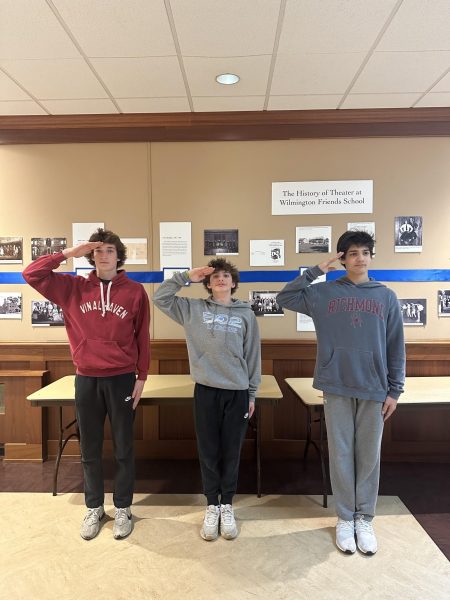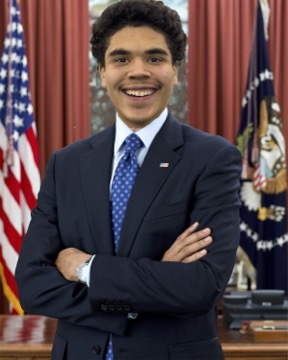Master of None Praised for Authenticity
March Issue: Social Justice
People cannot get enough of Netflix’s award-winning Master of None, ever since its debut. With its hilarious scripts, talented actors, and loveable protagonist, Aziz Ansari, this show was a hit from the beginning. In addition to the talented cast and writers, there is a certain uniqueness and tone to the show that cannot be found elsewhere. Despite its sitcom-y roots, there is an eerie and liberating display of intense realness which includes a critical element that has been unprecedented in television – a culturally and sexually diverse cast.
Before recent years, television has virtually remained the same. Sitcoms especially have an outdated yet mysteriously functional formula that always leads to poor representation in the media. The story is always the same; there is always a white, middle class family consisting of an average-looking white man, a young, beautiful woman, a couple of kids, and canned laughter. After twenty minutes, the show ends. We sit, feeling the same unfulfilled emptiness of complete misrepresentation.
Many critics call Master of None, “a breath of fresh air.” Although overused and cliché, this phrase perfectly describes what Ansari’s masterpiece feels like. Instead of the same formulaic structure of a television show, this show actually depicts what it is like to live in today’s world. Instead of canned laughter, stiff acting, and unbelievable storylines, this show seems authentic because it is authentic. In an interview, Ansari explains this “bold choice” to hire a diverse cast. His response is simple: it wasn’t a conscious choice. Aziz picked a cast based upon chemistry, and who was right for the job, not what fit the mold for previous television shows. The directors decided that an organic, compatible cast was better than a machine-like contrived one. This organic compatibility creates a sense of transparency, trustworthy characters, and relatable storytelling that attracts audiences from around the world.
One of its most influential and groundbreaking scripts was in the episode “Indians on TV,” where Ansari humorously reveals the behind-the-scenes, casual racism of the acting world. In this episode, Dev, fun-loving, aspiring actor played by Ansari, goes through a series of auditions with his friend Anush as he simultaneously shows examples of how Indians are generally poorly portrayed in the media and even often played by white actors. The main conflict in the episode commences as he is asked to “do an Indian accent” during his audition. His refusal to act his stereotype makes him realize the narrowness of roles that are available to him as an actor, and he comically explains this phenomenon to the audience.
Master of None may be a groundbreaking commencement in the world of television, but when it comes down to it, it is really just an amazing story of modern relationships through the eyes of characters with vastly different experiences. This progress in diversity does not define what television is, but is a key aspect of a grand collection of what creates entertainment. Without authenticity, television is two-dimensional and uncomfortably steril. The distilled and simplified purpose of television is merely to seek entertainment. Entertainment usually does not mean contrived displays of what society wants us to see, but the exact opposite. Entertainment in its truest form should be pure liberation, pure freedom to watch and enjoy the aspects of life we may not encounter. Entertainment and enjoyment in today’s world means being able to relate. Without adequate representational characters and relatable plotlines, how can we ever truly enjoy?




































